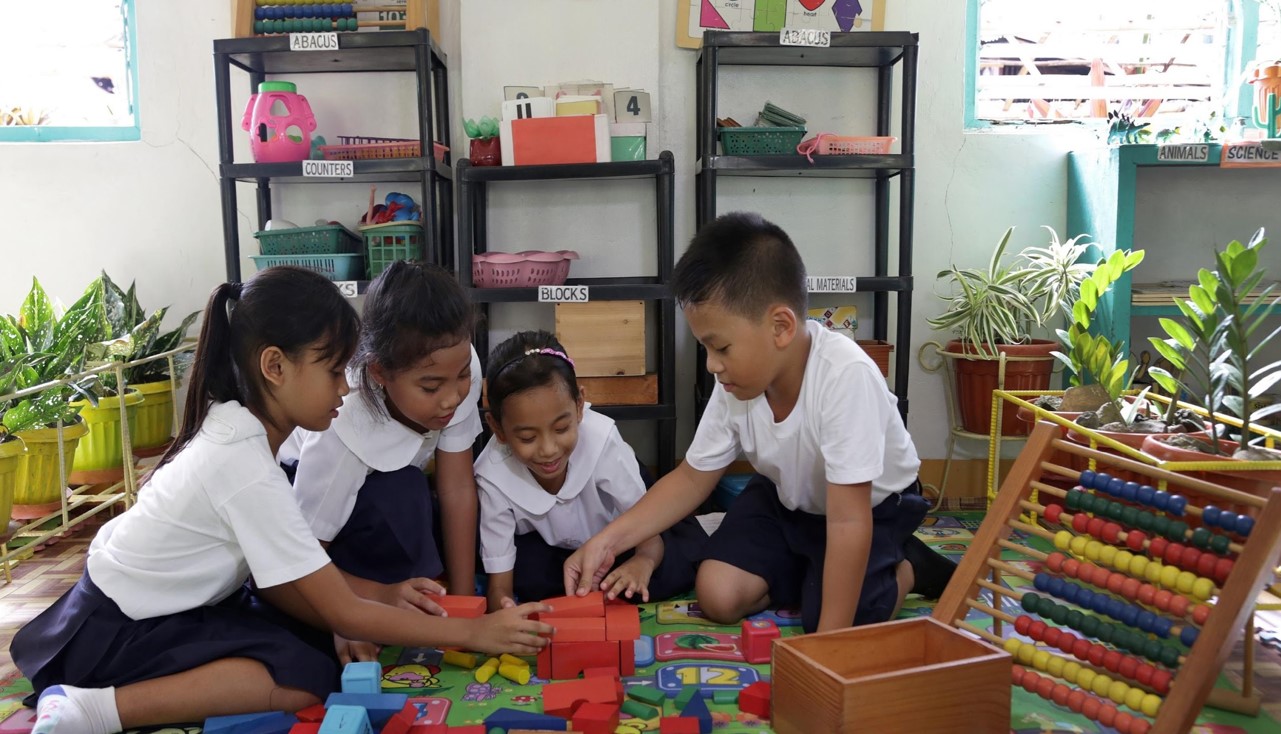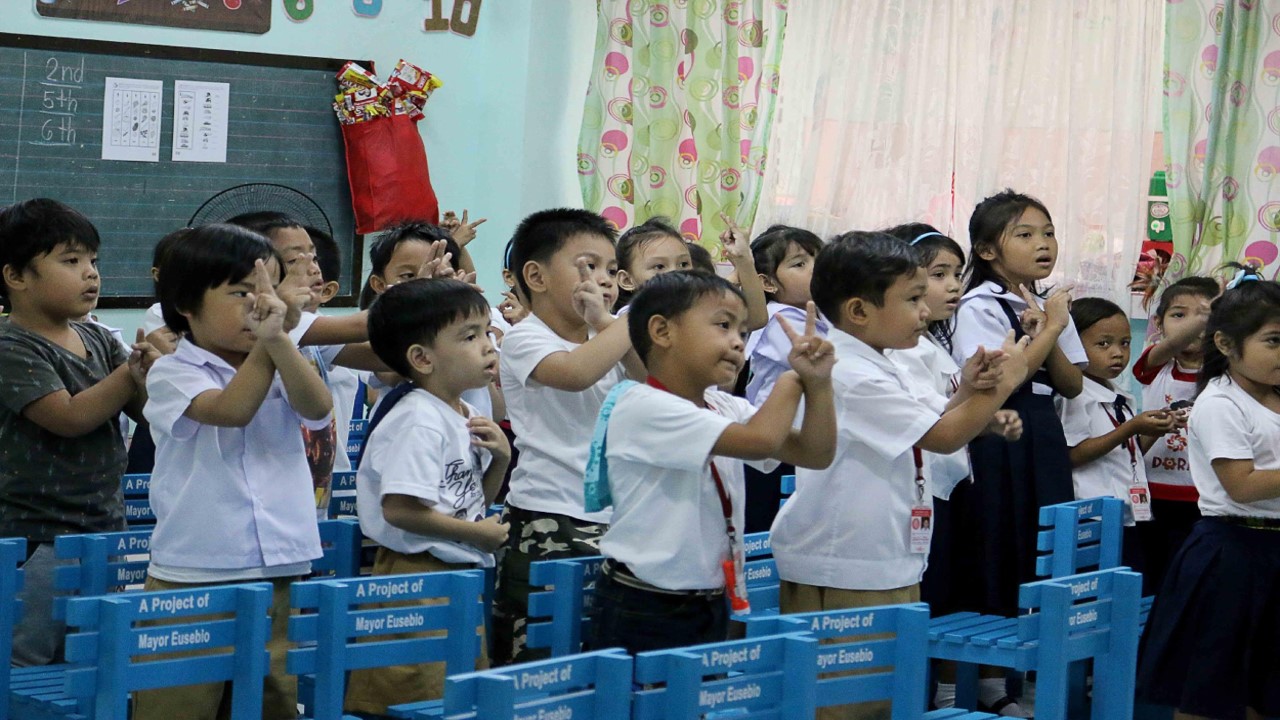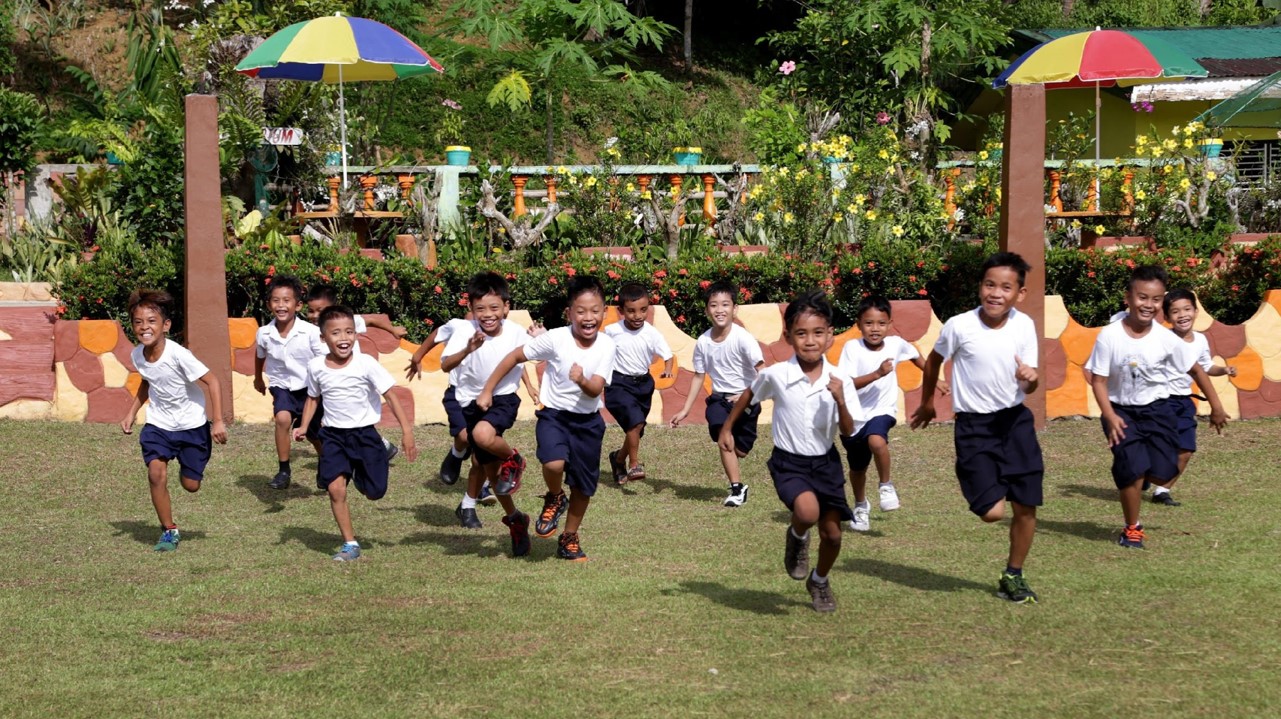“Ang kabataan ang pag-asa ng bayan,” is an immortalized line of national hero Dr. Jose Rizal. However cliché, the A la juventud Filipina poem line still evokes aspirations to nurture and protect today’s youth.
But what if the youth themselves have lost their hope because they fall prey to both institutional and social abuse and violence?
On November 20, 1989, world leaders made a stand to ensure that children around the globe be allowed to grow, learn, play, develop, and flourish with dignity. The United Nations General Assembly made a commitment to protect the rights of the next generation, adopting the monumental Convention on the Rights of the Child (CRC) on that glorious day.
Thirty years later, the CRC – the international human rights treaty most widely ratified by 196 countries, including the Philippines affirms their duty to protect children’s rights.
Rights in Education
The Convention clearly outlined the rights of a child the countries must respect, protect, and fulfill. It has inscribed and defined the rights a child, or any person under the age of 18, which cannot be taken away.
Right to education is among these well-defined rights. In the rights-based approach, the states have the obligation to ensure that access to quality education, as well as respect in the learning environment, are being enjoyed by children.
By access, educational institutions must be physically and economically accessible throughout the stages of childhood while being free of social and cultural barriers. Quality education, meanwhile, pertains to the broad, relevant, and inclusive curriculum learners must acquire inside a child-friendly, safe, and healthy setting. Lastly, children must be respected, as well as their identity, views, and physical and personal integrity in all learning environment. The child’s rights in the context of education are categorized into four: (1) survival; (2) development; (3) protection; and (4) participation.
In essence, the aim of education is the holistic development of the full potential of the child.
Upholding Child’s Rights in the Philippines
To provide a venue to deepen appreciation of these rights by both the rights-holders and duty-bearers, the Department of Education (DepEd), in collaboration with UNICEF, Save the Children Philippines, and Plan International Philippines, will host the National Summit on Child Rights in Education (NSCREd) on November 14-15 in Pasay City.
The two-day Summit will be the first-ever in the Philippines in line with the celebration of the National Children’s Month this November and the 30th anniversary of the CRC adoption.
Focused on the context of basic education, DepEd aims to celebrate successes in upholding the rights of the child while reaffirming related commitments of various stakeholders, as enshrined in the 1987 Constitution and the CRC, among other rules and laws.
Among the distinguished plenary speakers in the Summit is Ms. Mikiko Otani, a member and independent expert of the UN Committee on the Rights of Child, a body created to facilitate the fulfillment of the CRC, and Senator Sherwin T. Gatchalian and Representative Roman T. Romulo, both chairpersons of the Committee on Basic Education in the House and Senate.
Parallel sessions in NSCREd, meanwhile, are primed in presenting exemplary projects and programs related to the four categories of children’s rights, and in discussing challenges and viable strategies in the realization of upholding these rights.
With child’s right to education being a shared responsibility, the Summit’s goal is to plant the seed of aspiration to all members of society to advocate these rights – a step towards instilling hope for the future generation.
END





